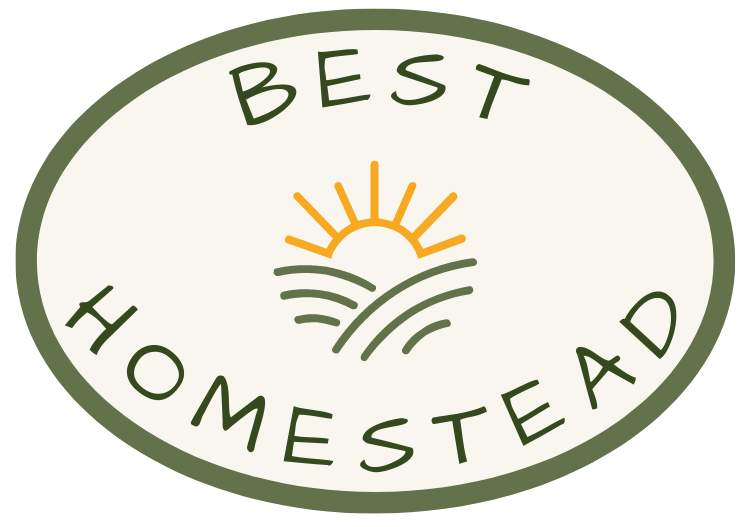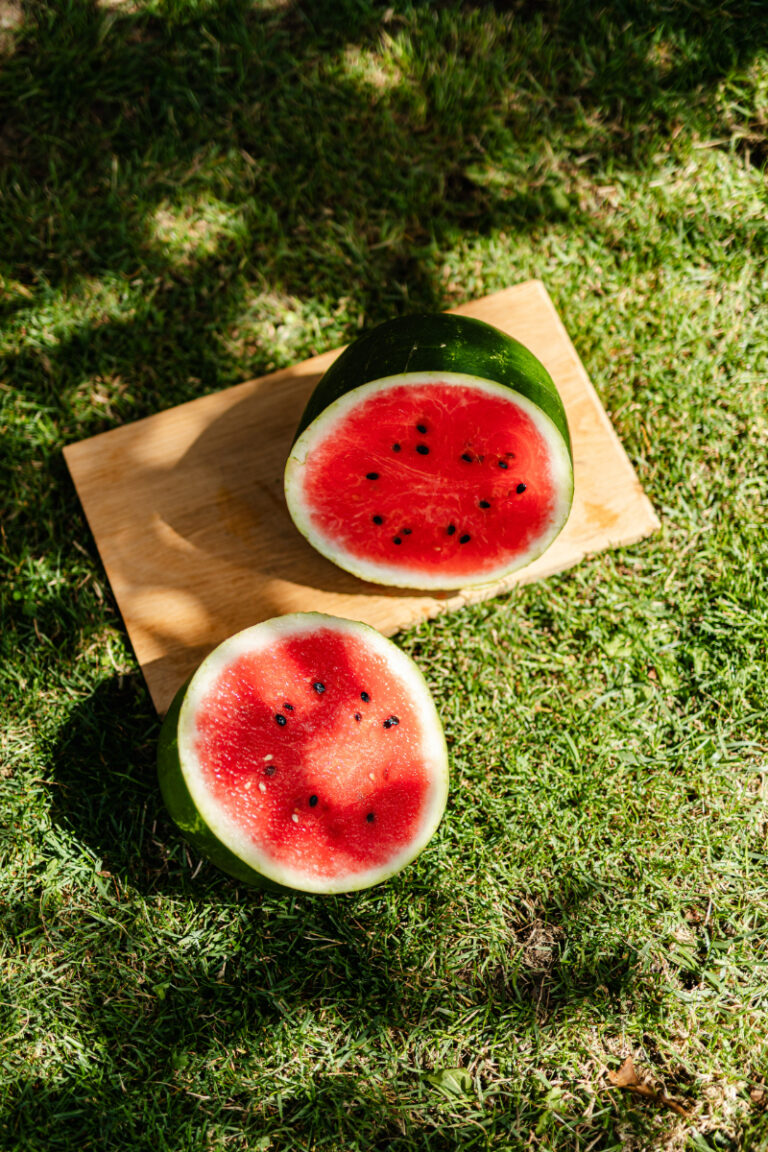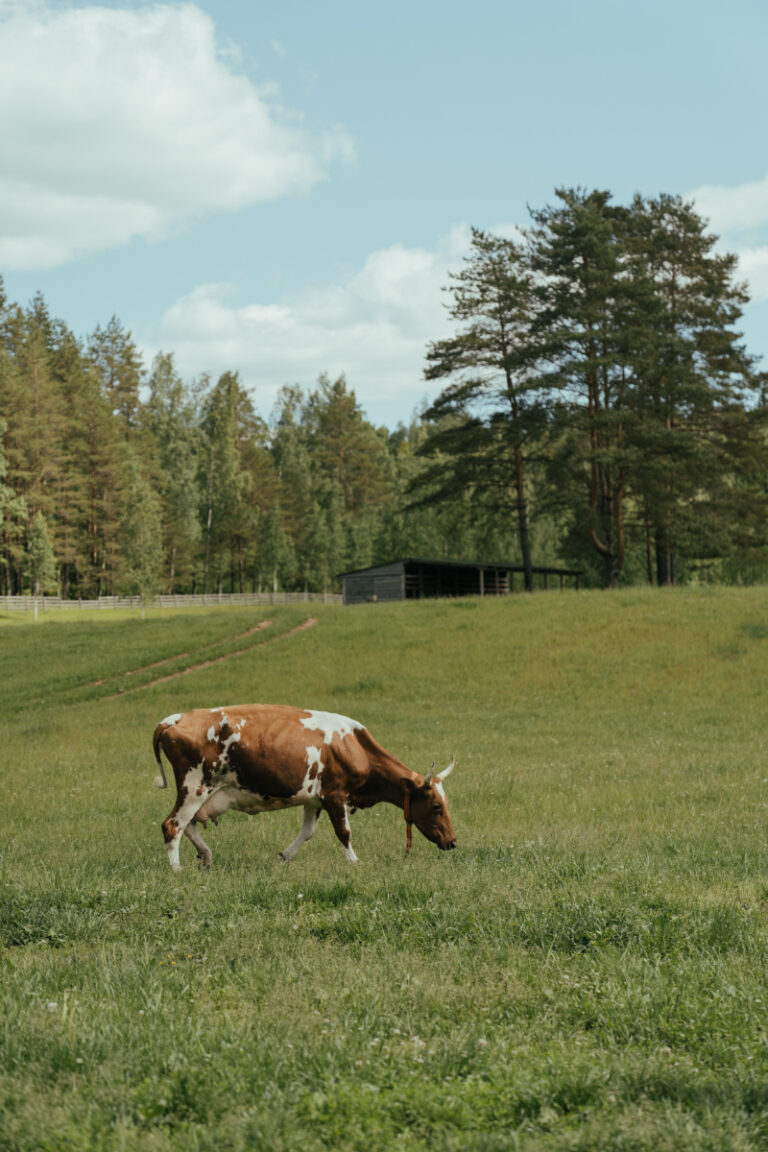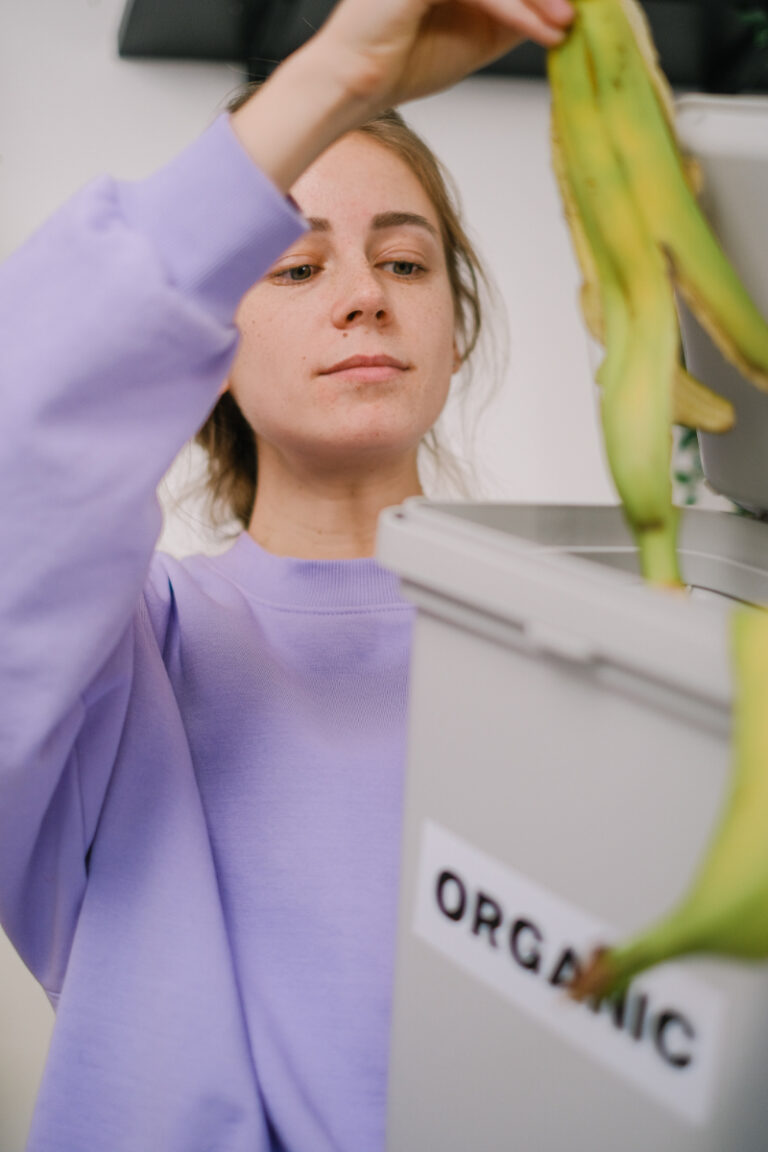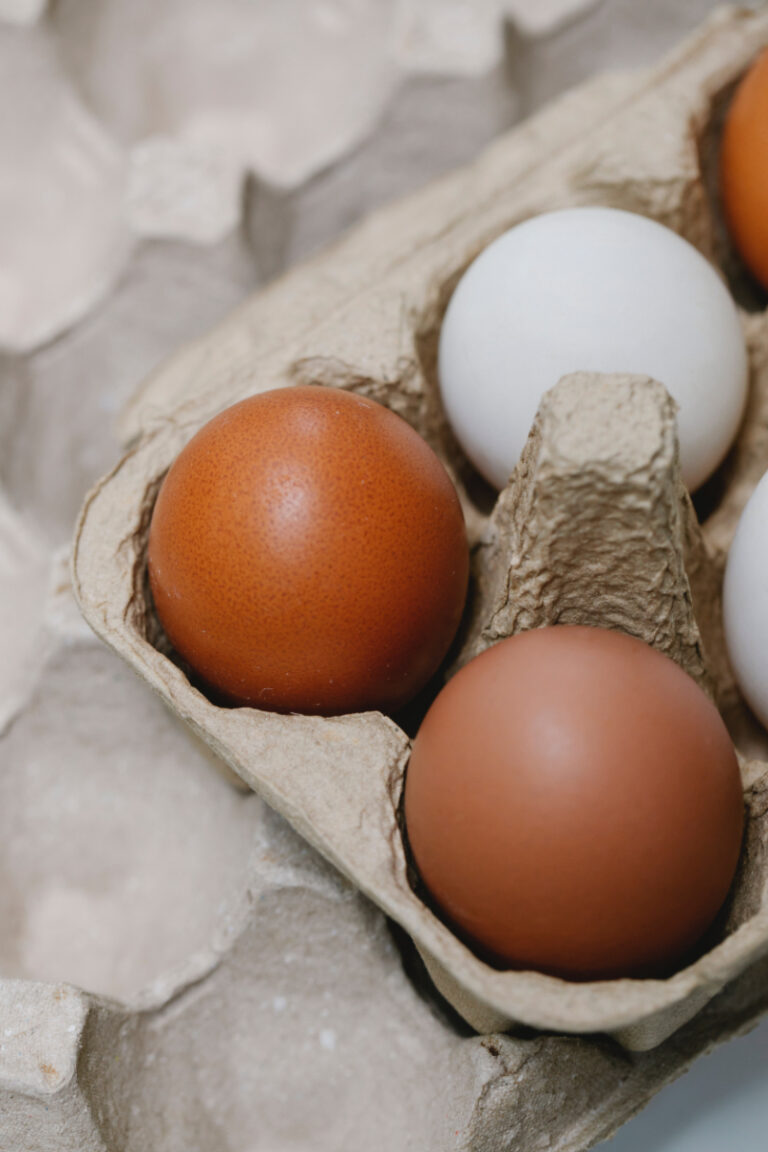Can You Have Too Much of a Good Thing? Compost Overload
Compost is an essential component of gardening and farming that has been used for centuries. It is a natural way to enrich garden soil, improve plant health, and recycle organic material.
Compost is typically made from decomposed organic materials, such as leaves, grass clippings, and kitchen scraps, which are broken down by micro-organisms into a nutrient-rich soil conditioner. The good news is homemade compost is super easy to make.
The use of compost in gardening and farming provides numerous benefits. It enhances the fertility and structure of the soil, aids in water retention, and can even help suppress plant diseases and fungus.
However, like most things in life, balance is key. While compost is generally beneficial, there has been a growing discussion around the idea of using too much compost. Can you really overdo it? And if so, what are the potential consequences?
This guide explores these questions and provides a comprehensive understanding of the concept of over-composting.
Can You Use Too Much Compost: A Comprehensive Guide
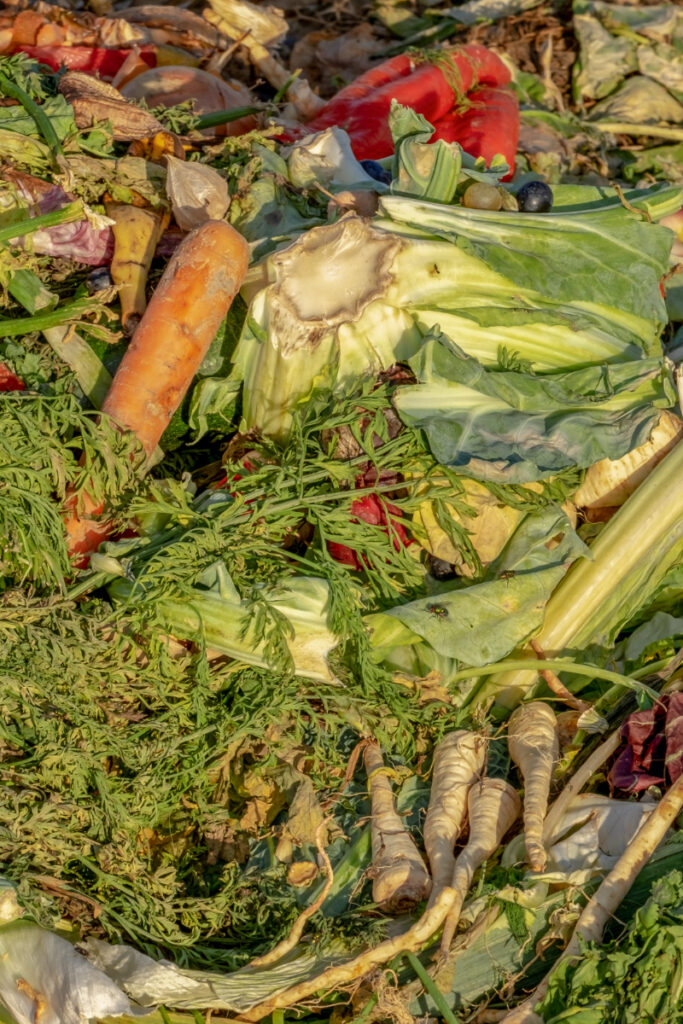
Understanding Compost
Compost is often referred to as “black gold” by gardeners and farmers alike due to its rich nutrient content and beneficial impact on soil health.
To fully grasp the concept of over-composting, we must first understand what compost is, how it’s made, and the nutrients it brings to our gardens.
What is Compost?
Compost is a type of organic matter that has been decomposed and recycled as a fertilizer and soil amendment. It is the end product of a complex feeding pattern involving thousands of different organisms, including bacteria, fungi, worms, and insects.
The Process of Making Your Own Compost
The composting process involves four key components: green materials (which provide nitrogen), brown materials (which provide carbon), water (to maintain moisture), and air (for oxygen).
Green materials include items like kitchen wastes; food scraps, coffee grounds, or fresh grass clippings, while brown materials consist of things like dried leaves, straw, and paper.
These components are mixed together in a compost bin or pile and turned regularly to aerate the compost and speed up the decomposition process.
Over time, the original materials break down into a dark, crumbly substance with a pleasant earthy smell. This is the finished compost, ready to be mixed into your soil or added as a top dressing.
Nutrients in Compost
Compost is rich in nutrients essential for plant growth, including nitrogen, phosphorus, and potassium – often referred to as NPK. Nitrogen promotes healthy leaf growth, phosphorus aids in root and flower development, and potassium is essential for overall plant health.
In addition to NPK, compost also contains several micronutrients such as calcium, magnesium, and iron, which are necessary for various plant functions.
Furthermore, compost today introduces beneficial microorganisms to the soil, which aid in nutrient absorption, discourage pests, and help maintain soil health.
Benefits of Using Compost
Composting is a practice that has been promoted and used by gardeners and farmers for its numerous benefits. It not only recycles kitchen and yard waste, reducing the amount of waste going to landfills, but it also is an easy way to improve the health and productivity of your vegetable garden, house plants, and flower beds. Here are some of the main benefits of using compost.
Improving Garden Soil Structure
One of the most significant advantages of using compost is its ability to improve poor soil structure. Good soil structure is crucial for plant growth as it allows roots to penetrate the soil easily.
Whether you have predominantly clay soil or sandy soils, compost helps to bind soil particles together into crumbly aggregates that enhance the soil’s structure. This improved structure enhances the soil’s ability to hold and retain moisture, reducing the need for frequent watering and improving the plants’ ability for nutrient uptake.
Enhancing Nutrient Content in Soil
Compost is packed with essential nutrients that plants need to grow and thrive. As previously mentioned, compost is rich in nitrogen, phosphorus, and potassium, along with several micronutrients.
These nutrients are released slowly over time, providing a steady supply of nutrients to plants. This slow release makes compost a more sustainable and long-lasting source of nutrients compared to synthetic commercial fertilizers.
Promoting Beneficial Soil Microbes
Healthy soil is teeming with microscopic life, including bacteria, fungi, and other microorganisms. These beneficial microbes play a vital role in breaking down organic matter, suppressing disease-causing organisms, and making nutrients available to plants.
Adding compost to your soil introduces these beneficial microbes, thereby promoting a healthy soil ecosystem.
Reducing Soil Erosion
Compost can help reduce soil erosion by improving the soil’s ability to absorb and hold water. This absorption capacity can prevent rainwater from washing away the top layer of soil, thereby protecting the soil from erosion. Regardless of soil type you’re beginning with, adding in compost is a great way to help reduce erosion.
Suppressing Plant Diseases
Certain beneficial microbes found in compost can suppress plant diseases and pests. These microbes produce substances that inhibit disease-causing organisms or compete with them for resources, thereby reducing the chances of plant diseases.
The Concept of Too Much Compost
While compost is an excellent soil amendment with numerous benefits, it’s possible to have too much of a good thing. Over-composting is a real concern that can lead to several problems for your garden and the environment. Let’s discuss the potential risks and drawbacks of using too much compost and will too much compost hurt plants?
Nutrient Imbalances
Compost is rich in nutrients, and while that’s generally a good thing, too much compost can lead to nutrient imbalances in the soil. As a general rule, over time, excessive compost application can lead to excessively high levels of nutrients like phosphorus and potassium.
While these are essential for plant growth, too much can inhibit the uptake of other primary nutrients, leading to nutrient deficiencies in plants.
Soil Structure Problems
While compost improves soil structure by increasing its organic matter content and improving its water-holding capacity, too much compost can have the opposite effect. Excessive amounts of compost can make the soil too heavy and dense, making it difficult for plant roots to penetrate. This could potentially stunt plant growth and reduce yield.
Environmental Concerns
Over-application of compost can also lead to environmental issues. Excess nutrients, particularly nitrogen and phosphorus, can leach into groundwater or run off into nearby water bodies, causing water pollution. This nutrient runoff can contribute to problems like algal blooms, which can harm aquatic life and degrade water quality.
Pest and Disease Issues
While compost can help suppress some plant diseases, overusing compost can sometimes increase the risk of certain pests and diseases.
For instance, overly rich soil may promote lush, rapid plant growth that attracts aphids and other pests. Also, compost that has not been properly processed could potentially introduce weed seeds or disease organisms into your garden.
Signs of Excessive Composting
Recognizing the signs of over-composting can help you avoid potential problems and maintain a healthy, productive garden. Here are some symptoms to look out for that may suggest you’re using too much compost.
Nutrient Burn in Plants
Excess compost can lead to nutrient burn, which is essentially an overdose of nutrients. This often manifests as yellowing, browning, or wilting leaves. You might also notice stunted growth or leaf curling. These symptoms are typically a sign of nutrient imbalances caused by over-fertilization.
Water Logging
If your soil is retaining too much water and becoming waterlogged, this could be a sign of excessive compost. Overly rich, heavy soil can hold onto water, creating soggy conditions that can suffocate plant roots and promote diseases. If your plants appear to be drowning or if puddles form on the surface of your soil after watering, you might be using too much compost.
Poor Seed Germination
Excessive compost can also hinder seed germination. If you’ve noticed that your seeds aren’t sprouting as they should, or if seedlings are dying off soon after they emerge, it could be due to an overabundance of compost.
Unusual Pest Activity
While a certain level of pest activity is normal and even beneficial in a garden, a sudden increase in pests could be a sign of over-composting. Rich, lush growth can attract pests like aphids and slugs, so if you’re seeing more pests than usual, you might want to reassess your compost usage.
Managing Compost Usage
Proper management of compost usage is crucial to ensure the health of your garden and the environment. Here are some tips on how to use compost effectively and responsibly.
Understand Your Soil’s Needs
Before adding compost, it’s essential to understand your soil’s current condition and needs. You can do this by conducting a soil test, which will tell you the existing nutrient levels and pH of your soil. This information can guide you in determining how much compost to add.
Use the Right Amount of Compost
As a general guideline, a layer of about 1-2 inches of compost applied once a year is usually sufficient for most gardens. However, the exact amount can vary depending on the specific needs of your soil and plants. Again, a soil test can be very helpful here.
Don’t Rely Solely on Compost
While compost is an excellent soil amendment, it shouldn’t be the only one you use. Other organic matter such as mulch, leaf mold, and green manure can also improve soil health and provide a wider range of nutrients. It’s good to have a mix of these in your soil to ensure a balanced nutrient profile.
Turn Compost Regularly
Turning your compost pile regularly helps it decompose evenly and prevents it from becoming overly compacted and dense. This not only speeds up the composting process but also ensures a more consistent and balanced end product.
Be Mindful of Compost Quality
Not all compost is created equal. The quality of compost depends largely on what it’s made from. Try to use a variety of green and brown materials in your compost to ensure a balanced nutrient content. Also, be aware that compost made primarily from grass clippings or manure might be higher in nitrogen and can potentially burn plants if used excessively.
Conclusion
Compost is indeed a gardener’s “black gold”. Its ability to improve soil structure, enrich the soil with nutrients, and promote beneficial soil microbes makes it an invaluable resource for any garden or farm. However, as with many things in life, balance is key.
Over-composting can lead to nutrient imbalances, soil structure problems, environmental concerns, and increased pest and disease issues.
Recognizing the signs of excessive composting, such as nutrient burn in plants, water logging, poor seed germination, and unusual pest activity, can help in managing compost usage effectively.
Understanding your soil’s needs, using the right amount of compost, diversifying your soil amendments, turning your compost regularly, and being mindful of compost quality are all practices that can help you use compost effectively and responsibly.
Compost is just one part of a broader approach to maintaining healthy soil and a productive garden. By using compost judiciously and paying attention to the needs of your soil and plants, you can cultivate a thriving garden that is both productive and sustainable.
